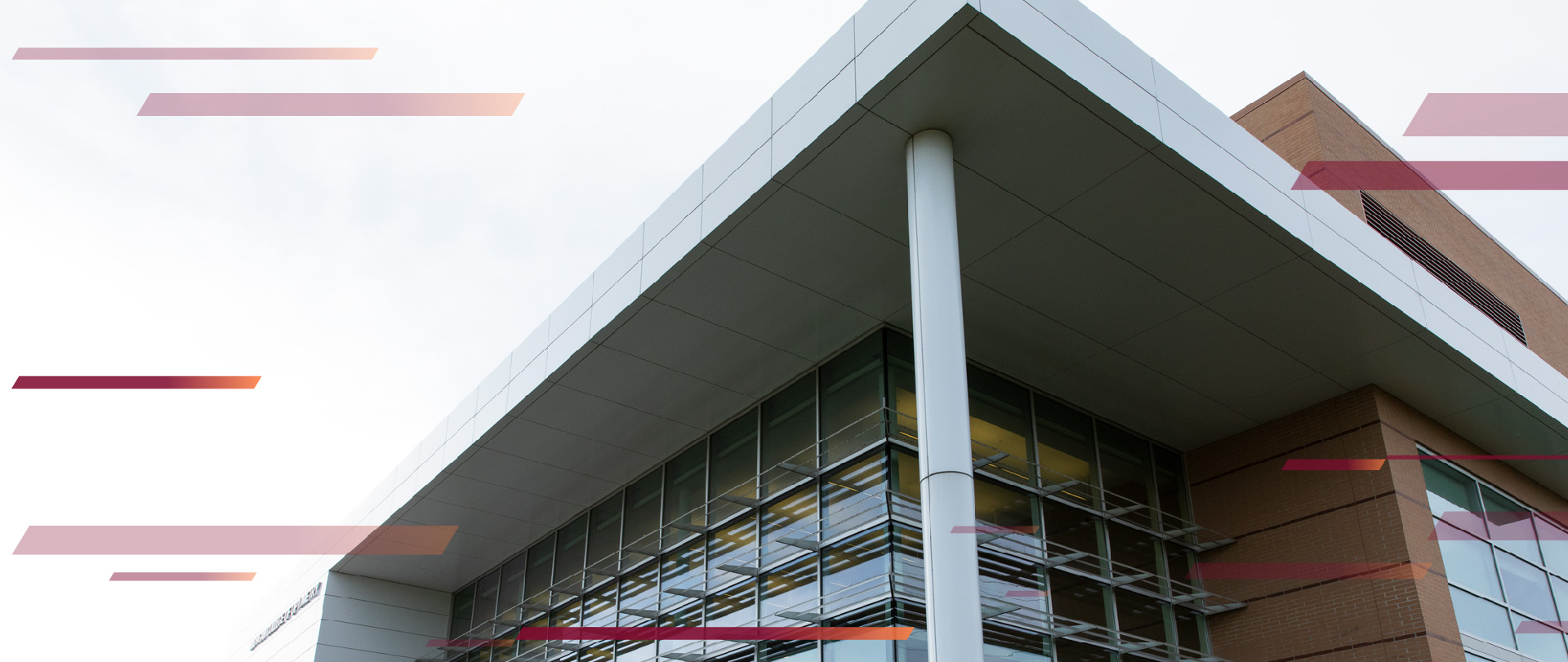Disability and Accessibility Resource Center
Arts, Sciences and Education Commons (ASC) 1017[email protected]
Phone: (231) 591-3057
Fax: (231) 591-3939

April 11, 2022
by Nicole O'brien, ECDS Intern
Stigma will always persist. This is a fact of life. Human beings naturally fear what we don’t know. Our goal should be to reduce stigma as much as possible. Arguably, persons with disabilities are entrusted with the responsibility of making the world a more equitable place. I don’t think there will ever be a day where those with disabilities are treated fully human. At this point in my life, I find subconscious stigma to be the most debilitating as it cannot be traced back to a direct source. Subconscious stigma often comes in the form of avoidance; a non-disabled person’s unwillingness to navigate through life with a disabled person and understand what it’s like to live life with a disability. I have already overviewed the stigma students associate with reaching out to disability offices. This paper will take a deeper look into that, as well as the internal and external factors, that perpetuate the stigma.
Stigma has been a recurring theme throughout my internship. Prior to my most recent conversation with my supervisor I never really realized how reluctant students are to reach out to disability offices. She explained to me that during orientation days parents often instruct their son or daughter to speak with disability services. The students will speak to them once and often reluctantly; only coming back if they find themselves facing specific adversity. My supervisor will ask them why they just now decided to reach out to ECDS, and they reply: “I thought I could do it on my own.”
There are many stigmas in effect to cause this situation, but the first and most obvious is the relationship between the parents and the student. In this situation parents are perpetuating the societal misconception that disable persons always need direction in making major choices in life. Once a student reaches college, they are responsible to self-report their disability. The key here is “self”-report. Disabled persons are their own autonomous individuals and do not need others to decide their life’s course.
A second major source of stigma is the perceptions surrounding accommodations. Students, disabled or otherwise, sometimes believe accommodations compromise the integrity of their education, therefore they are reluctant to ask for them. Disabled students don’t want a shortcut or for others to go easy on them — that’s patronizing. I can relate to this. Growing up, my mom told me to “use the disability card” on several occasions. I loathe this concept. It’s as if we are being told to use our disadvantage as a privilege.
The student/professor relationship is likely the most important relationship in one’s academic journey. Some of these relationships have underlying stigma. For example, Julie shared a story with me about a professor who asked, “Why should I give a student testing accommodations if they won’t receive those accommodations in the real world?” First of all, the ADA mandates that employers give disabled employees reasonable accommodations on the job. Secondly, college and testing are not ‘the real world’ in this sense; they are in fact preparation for real life employment so holding any student, disabled or otherwise, to such standard is not fair. Fortunately, communication regarding accommodation is handled by ECDS directly with the professor and therefore minimizes the student's exposure to their bias.
Recently, I attended a disability awareness event in Grand Rapids. The event featured panels. One of the panelists said: “People assume accommodations make a job easier; they don’t, they make a job possible.” Immediately, I thought of a quote by professional surfer and amputee Bethany Hamilton, who said: “I don’t need ‘easy,’ I just need possible.” On behalf of all the people in the disabled community, I ask everyone else to join us in slaying the snake of ableism. Let’s dare to see what’s possible!